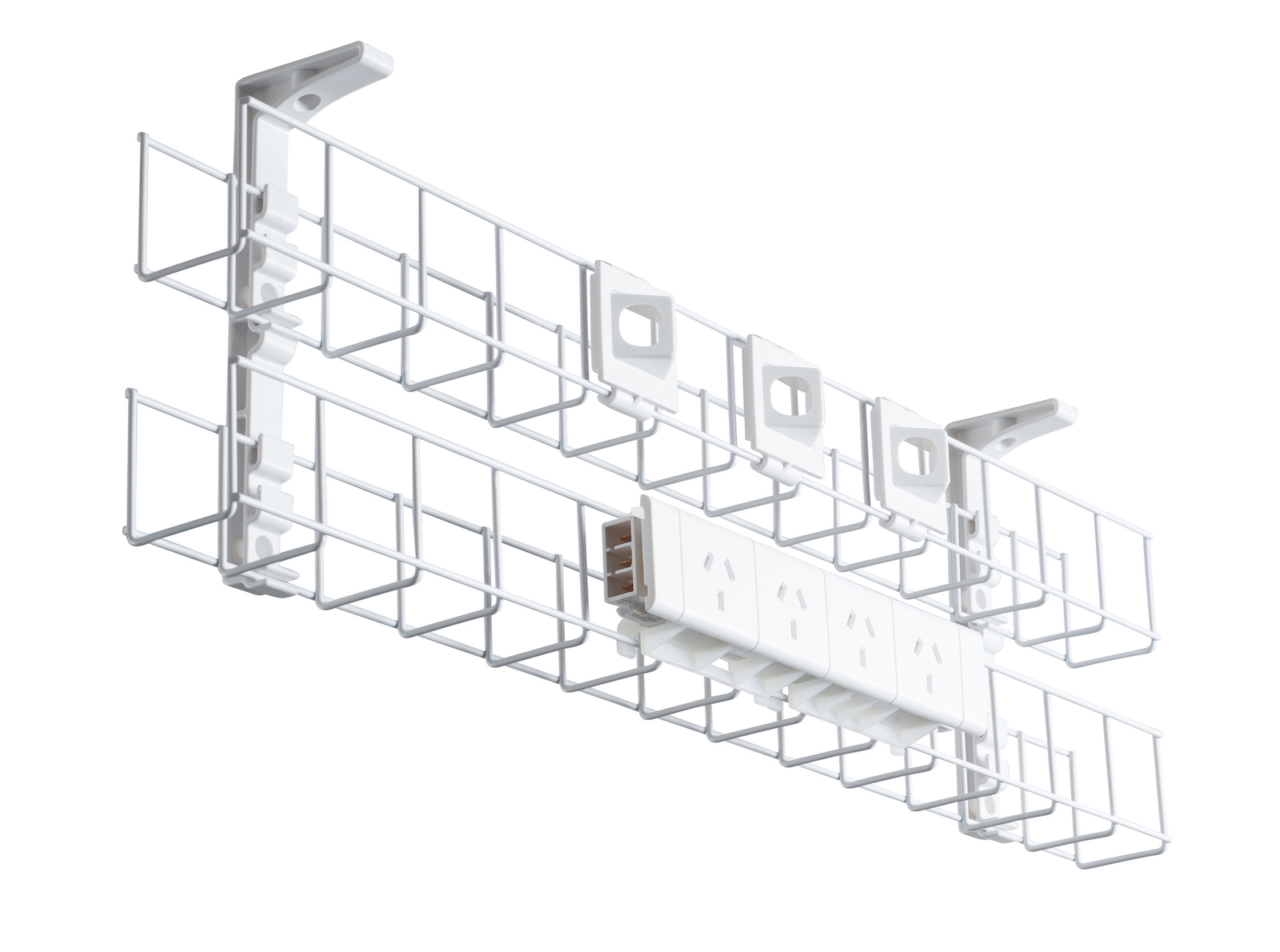
IT Industry Sees 31% Dip in Job Creation Compared to Last Year
The IT industry, once a beacon of job creation and economic growth, is currently witnessing a significant slump. According to recent reports, there has been a staggering 31% drop in job creation compared to June of the previous year. This decline is causing concerns among industry experts and job seekers alike, as it marks a stark contrast to the industry’s previous trend of consistent expansion.
In the past, the IT sector has been a key driver of employment opportunities. It played an integral role in generating jobs for millions worldwide, making it a dependable avenue for young graduates and seasoned professionals alike. However, the recent downturn in job creation is casting a shadow over the industry’s future prospects.
Several reasons have been attributed to this decline. One of the major factors is the increasing adoption of automation and artificial intelligence (AI) technologies. As businesses continue to streamline their operations and cut costs, many routine tasks that were once handled by human employees are now being performed by machines. This shift towards automation is inevitably leading to job losses in certain areas of the IT industry.
Another contributing factor is the ongoing global economic uncertainty. Many companies are opting to hold back on hiring new employees until the economic climate stabilizes. This cautious approach is further exacerbated by the ongoing pandemic, which has forced many businesses to reevaluate their financial strategies and prioritize fiscal stability over expansion.
However, it’s not all doom and gloom for the IT industry. While certain job roles may be diminishing, others are taking their place. For instance, as businesses increasingly buy standing desks, there is a growing demand for IT professionals who can integrate these modern workstations into existing office systems. Similarly, the rise in popularity of electric height adjustable standing desks has led to an increase in demand for IT experts who can ensure seamless connectivity and compatibility with these new office fixtures.
Moreover, as more companies recognize the health benefits of electric stand up desks and other ergonomic office furniture, there is an increasing need for IT professionals who can manage the software and hardware requirements of these advanced workstations. The demand for such specialized skills highlights how the IT industry is evolving and adapting to new trends and technologies.
In addition, the rise of remote working has created new opportunities for IT professionals. As more companies transition towards flexible working arrangements, there is a growing need for IT experts who can manage remote networks, ensure data security, and provide technical support to remote employees. This trend could potentially offset some of the job losses caused by automation and economic uncertainty.
Furthermore, the IT industry’s role in developing and maintaining new technologies like TV lifts is also creating new job opportunities. As more consumers buy TV lifts for their smart homes, there is a growing demand for IT professionals who can install, maintain, and troubleshoot these devices.
In conclusion, while the 31% decline in job creation in the IT industry is indeed concerning, it’s important to view this figure in context. The IT sector is undergoing a period of transformation, driven by technological advancements and changing business practices. While some job roles may be disappearing, others are emerging in their place. As such, it’s crucial for aspiring IT professionals to adapt and acquire the skills needed to thrive in this evolving landscape. The best sit stand desk or the most advanced TV lift won’t function optimally without the right IT expertise behind it – a fact that underscores the enduring importance of this industry.





